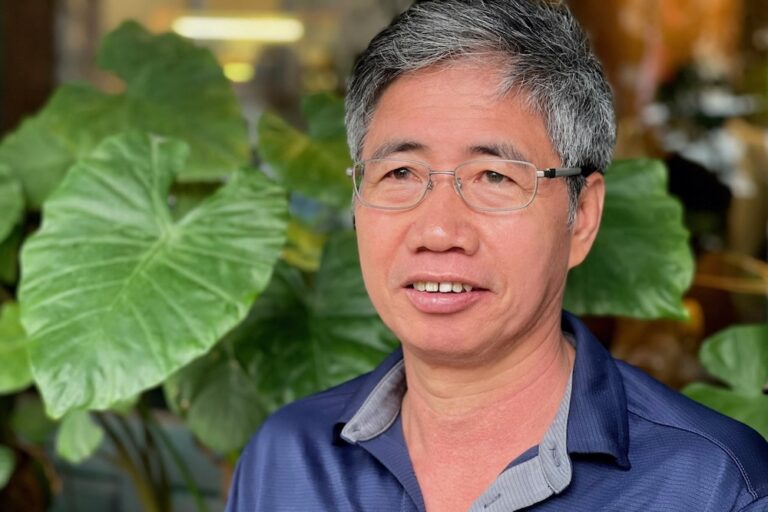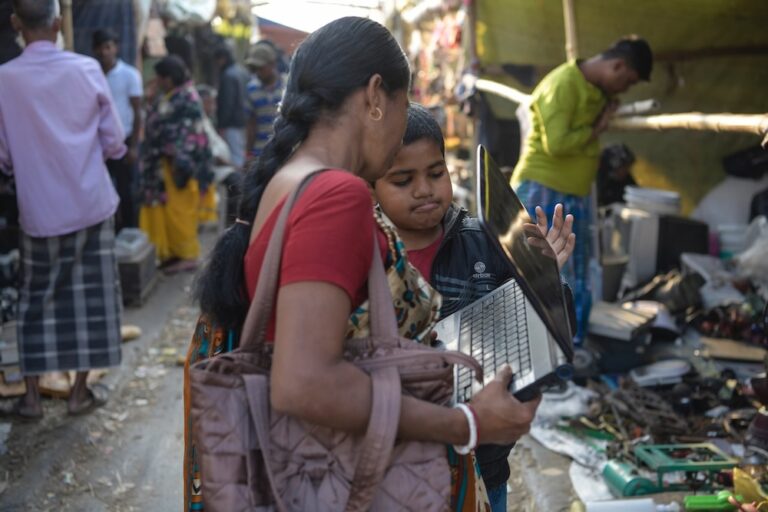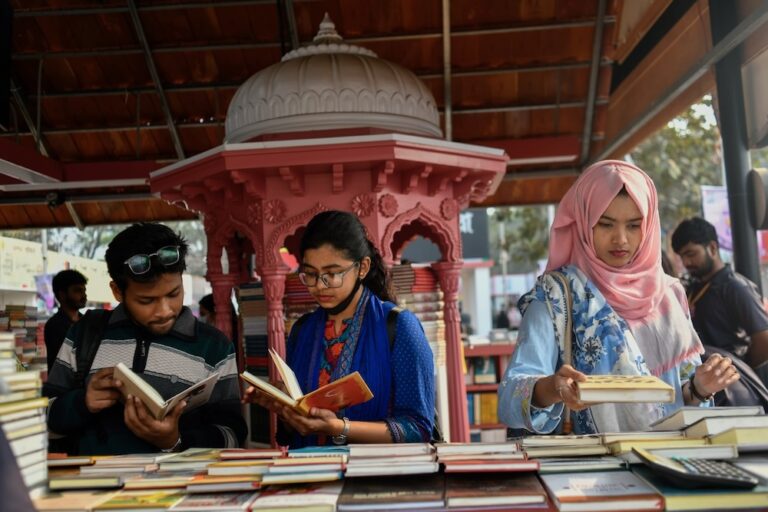April 2021 in Asia-Pacific: A free expression roundup produced by IFEX's regional editor Mong Palatino, based on IFEX member reports and news from the region.
Addressing India’s COVID-19 surge is made more difficult by authorities censoring information. Myanmar’s junta has resorted to publishing wanted lists, targeting journalists. A satirical playlist led to the brief incarceration of an artist in Malaysia. And Hong Kong’s first conviction around a violent attack during the 2019 protests? An investigative reporter.
India: Upholding the right to information amid COVID-19 surge
India’s COVID-19 situation has rapidly deteriorated in past weeks. There has been an acute shortage in ambulances, oxygen tanks and other medical equipment, vaccines, and even burial or cremation sites. Delivery of government services is slow to arrive for those who need them the most, forcing many to look for help through various social media and messaging platforms. As journalists and citizens demand greater accountability, authorities responded by blocking online criticism, which they dismissed as misinformation.
Human Rights Watch (HRW) has warned that “the government’s censoring of free speech will ultimately limit effective communication about the pandemic and undermine trust in government actions.”
Before the recent COVID-19 surge, the Indian government had issued the “Intermediary Guidelines and Digital Media Ethics Code” (2021 Rules) which gives more discretionary powers for authorities to censor digital content with little chance of appeal. IFEX member the Electronic Frontier Foundation (EFF) wrote that the 2021 Rules “restrict companies’ discretion in moderating their own platforms and create new possibilities for government surveillance of citizens.” Local member SFLC.in added that the “traceability or the originator” provision of the 2021 Rules could have a chilling effect on free speech, undermining the privacy rights of citizens.
The accelerating crisis is a reminder that officials should focus on health care measures, rather than silencing online critics.
Providing the public with up-to-date information about the pandemic should be the priority. To support this, journalists should be allowed to do their work safely and without threat of persecution. As the situation continues to worsen, there are calls to decongest the prison population, including the immediate release of jailed journalists.
Myanmar intensifies suppression of dissent
Myanmar’s military regime has escalated the violent targeting of protesters, residents suspected of supporting pro-democracy forces, and journalists accused of providing information to opposition groups. In the past three months, at least 71 journalists have been arrested, of whom 48 remain in detention. IFEX members are among the loudest voices expressing concerns over the deeply troubling situation in the country.
- More than 200 Southeast Asia-based groups, including IFEX members the Cambodian Center for Human Rights (CCHR) and Aliansi Jurnalis Independen (Indonesia), have organized a virtual “people-to-people region hall” about the Myanmar crisis. They sent this message to Myanmar citizens: “We, the peoples of Southeast Asia assure the people of Myanmar that they are not alone in their struggle to assert their dignity as human beings and to regain their right to live in a peaceful democracy. To them, we say: Do not lose hope. We have your backs. And we salute you!”
- Reporters Without Borders (RSF) has condemned the publishing of lists of journalists wanted for allegedly causing panic for their coverage of the pro-democracy protests, At least 19 journalists were initially named in the list.
- The Committee to Protect Journalists (CPJ) has sent a letter to Senior General Min Aung Hlaing urging the release of detained journalists and the dropping of charges against independent media. “We remind your State Administration Council that news reporting is not a crime under Myanmar law, and strongly urge your interim regime to reverse course and allow reporters to do their jobs without fear of reprisal.”
- HRW has criticized the threats made by authorities against the Assistance Association for Political Prisoners, which has been documenting coup abuses: the killings of protesters, arbitrary arrests and detentions, enforced disappearances, and unjust court convictions.
- The International Federation of Journalists (IFJ) has condemned the detention of 11 people for simply talking to CNN reporters.
- PEN International is pressing for the release of jailed poets and artists. It highlighted the case of Myanmar’s most famous satirist Maung Thura (Zarganar) who was arrested by security forces.
- The International Press Institute has underscored the need to step up international pressure against Myanmar’s junta.
Alarming convictions in Hong Kong
Seven of Hong Kong’s pro-democracy figures were convicted of organizing and taking part in an “unauthorized assembly” in August 2019. It was a massive protest attended by more than a million people protesting proposed amendments to the extradition law. Among those convicted were Martin Lee – known as Hong Kong’s “father of democracy,” involved in drafting the territory’s local constitution – and media tycoon Jimmy Lai, who founded Hong Kong’s largest pro-democracy newspaper.
Another recent conviction related to the 2019 protest movement was the case of journalist Bao Choy Yuk Ling, who accessed a government database for an investigative report about a mob attack. Responding to the judgment, Hong Kong Journalists Association chairperson Chris Yeung said accessing government records should not be restricted.
“Reporters should not be held criminally responsible for exposing information for the public good. It is a dark day for the press and a day of shame for Hong Kong.”
Thailand’s NGO law and Sri Lanka’s bill against ‘fake news’
The Thailand government has drafted a law on non-government organizations (NGO) which human rights groups have condemned for containing provisions that could be used to harass activists and critics. Several global civil society groups have noted with concern that the bill’s definition of an NGO is too broad, and could force many groups or associations to register and adhere to the law’s stringent requirements.
On 20 April, the Sri Lanka Cabinet approved a bill intended to curb false and misleading online posts. But IFEX member Free Media Movement (FMM) said it could be detrimental to freedom of expression.
“The statement issued by the Government Information Department further states that false news is used to weaken democratic institutions. It shows that mere criticism of the government or key officials or policies can be defined as false news and used to suppress journalists and social activists.”
New reports
HRW has submitted a report to the United Nations Human Rights Council for Papua New Guinea’s Universal Periodic Review (UPR), which is scheduled for November 2021.
Another HRW report accuses the China government of committing crimes against humanity in the northwest region of Xinjiang, targeting Uyghurs and other Turkic Muslims. The 53-page report identified widespread and systematic policies of mass detention, torture, cultural persecution against Turkic Muslims, and unlawful separation of children from their families in the region.
New research by Pakistan IFEX member Bytes for All features reports on social media conversations that spread hate speech directed at faith-based minorities in the country. It urges a “multi-stakeholder approach to counter the menace of hate in online spaces”.
IFEX member the Center for Media Freedom and Responsibility (CMFR) has released ‘Media Times’, a microsite which looks into events covered by the Philippine media in 2020. CMFR executive director Melinda Quintos de Jesus acknowledged the critical role of the media during the pandemic.
“The lesson of 2020 could draw out the strengths of the very best in journalism practice. We recognize that there were journalists who in the year of the pandemic continued to check facts despite the odds, exposing the flaws, checking false claims and mistaken spins, establishing timelines and recalling backgrounds, and connecting the events to the larger picture of the year that was.”
The impact of the pandemic on civil society is reflected in research carried out by IFEX in the summer of 2020 that involved 42 network members from 33 countries. In April we published an article about the project, titled ‘In Our Own Words’, and shared some of the responses we received about the challenges members faced during the early months of the pandemic, how they responded, and what they see ahead.
In brief
In Malaysia, activist and artist Fahmi Reza was briefly detained for satirical online commentary about Raja Permaisuri Agong, the consort of Yang di-Pertuan Agong, the country’s head of state.
The Freedom of Expression cluster, which includes IFEX member Centre for Independent Journalism (CIJ) and ARTICLE 19 Malaysia, has called for the dropping of charges against Fahmi, and defended the use of satire as a form of expression.
Several independent journalists were arrested in Vietnam. Nguyen Thanh Nha, Doan Kien Giang, and Nguyen Phuoc Trung Bao were arrested on 20 April after denouncing abuses by two recently-promoted senior officials, on Facebook. They were regular contributors to Bao Sach‘s [“clean newspaper”] Facebook page, which was blocked in the country after exposing corruption in a motorway concession. Another journalist, Nguyen Hoai Nam, was arrested on 2 April after posting articles on Facebook exposing questionable practices within the Ho Chi Minh City government.
In Australia, the Media, Entertainment & Arts Alliance (MEAA) has decided to withdraw from the Australian Press Council. MEAA said its members had become “increasingly frustrated by both inconsistent adjudications and poor governance standards at the Press Council.” It hopes the decision will spark a robust discussion on media regulation.
The Pakistan Press Foundation has expressed alarm following the attempted murder of Absar Alam, who is the former chairman of the Pakistan Electronic Media Regulatory Authority and a former editor of the Daily Nation. Alam, who recently criticized the Pakistan military, was shot in Islamabad on 20 April. While recovering at a hospital, he issued this note: “My message to those who did this is that I am not going to be scared by such tactics.”
COVID-19 and gender-based violence
In Cambodia, several civil society groups have warned that women and children are at risk of abuse in quarantine centers or at home, as some areas in the capital Phnom Penh are placed under lockdown. They asked authorities to make the prevention of gender-based violence a priority in responding to COVID-19 and provide essential services to victims of such violence.



